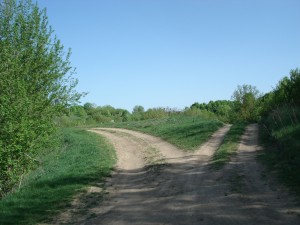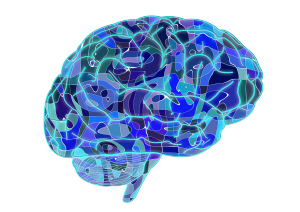 For most people, the approaching holiday season includes more time with the extended family, including the elder generation.
For most people, the approaching holiday season includes more time with the extended family, including the elder generation.
Unfortunately, older adults are often diminished in the popular media and by society as a whole; they are frequently portrayed as sick, frail, unproductive and behind-the-times. Yet there’s an expansive body of evidence that demonstrates the benefits of older adults’ wisdom and the value of fostering communication across generations. [Read more…]













